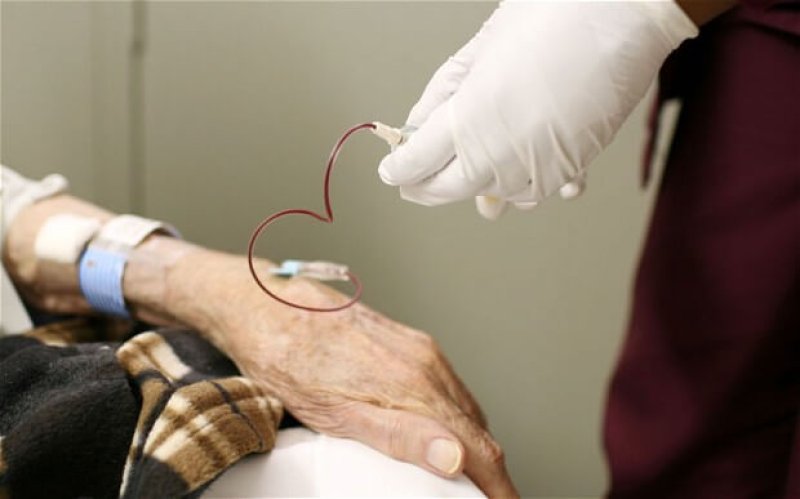Anyone who has ever visited a doctor’s office is familiar with the use of blood tests for the diagnosis of various diseases. Because blood comes in contact with all organs of the body, it carries markers of the health of these organs.
It is…not surprising news that a possible blood test for dementia, in particular Alzheimer’s disease, gets much public attention.
While the genes themselves do not change in Alzheimer’s patients, their expression does vary considerably through life.
Whether a gene is expressed or silenced can be regulated by short RNA molecules called microRNA, many hundreds of which are found in blood. Since their expression varies in disease, there is interest in using blood-based microRNA as a diagnostic tool for Alzheimer’s.
A few reports have been published to suggest this strategy may have some merit, but there are a few challenges. There are many types and sources of RNA in the blood and the techniques used to stabilise and measure blood RNA are yet to be standardised. This means that different laboratories produce different results.
The GLP aggregated and excerpted this blog/article to reflect the diversity of news, opinion and analysis. Read full, original post: Blood Test for Alzheimer’s: Close Or Hype?































